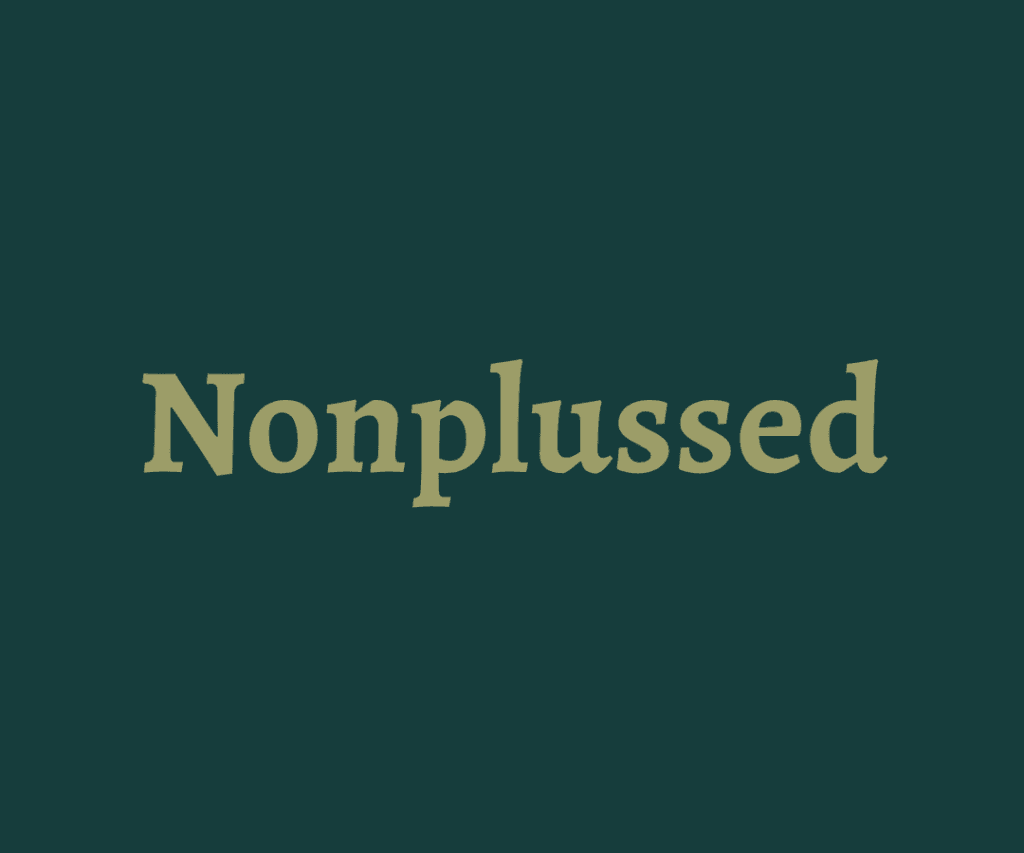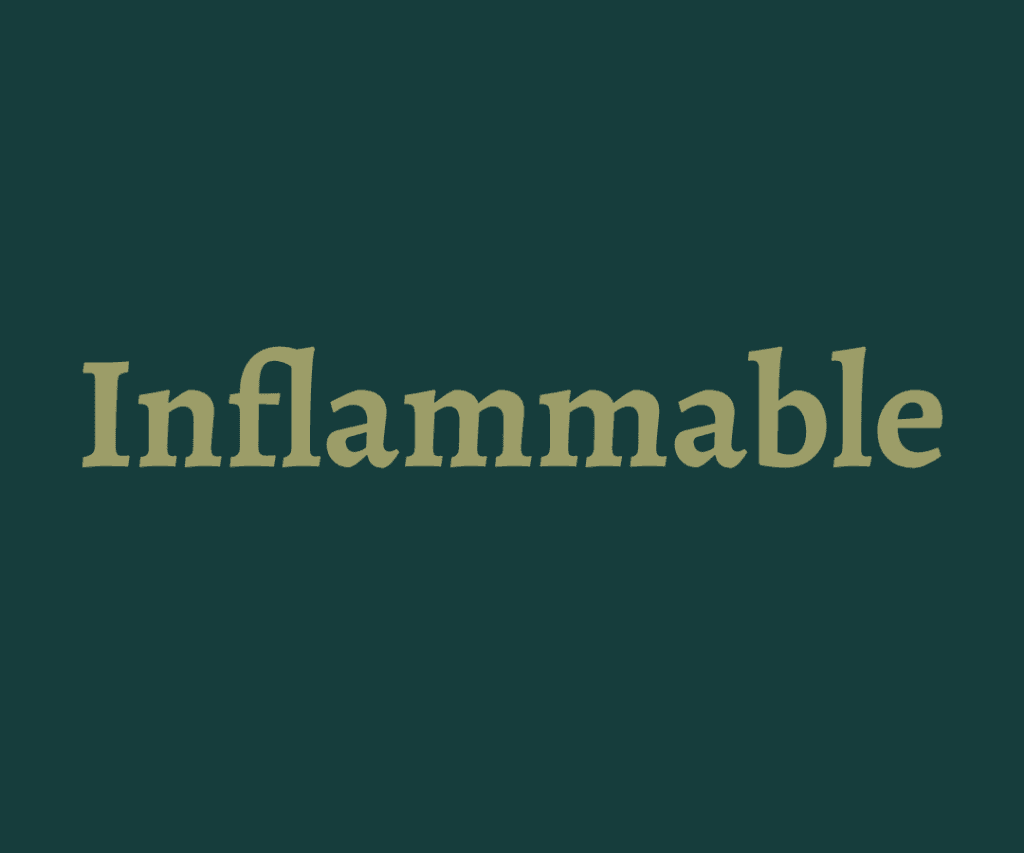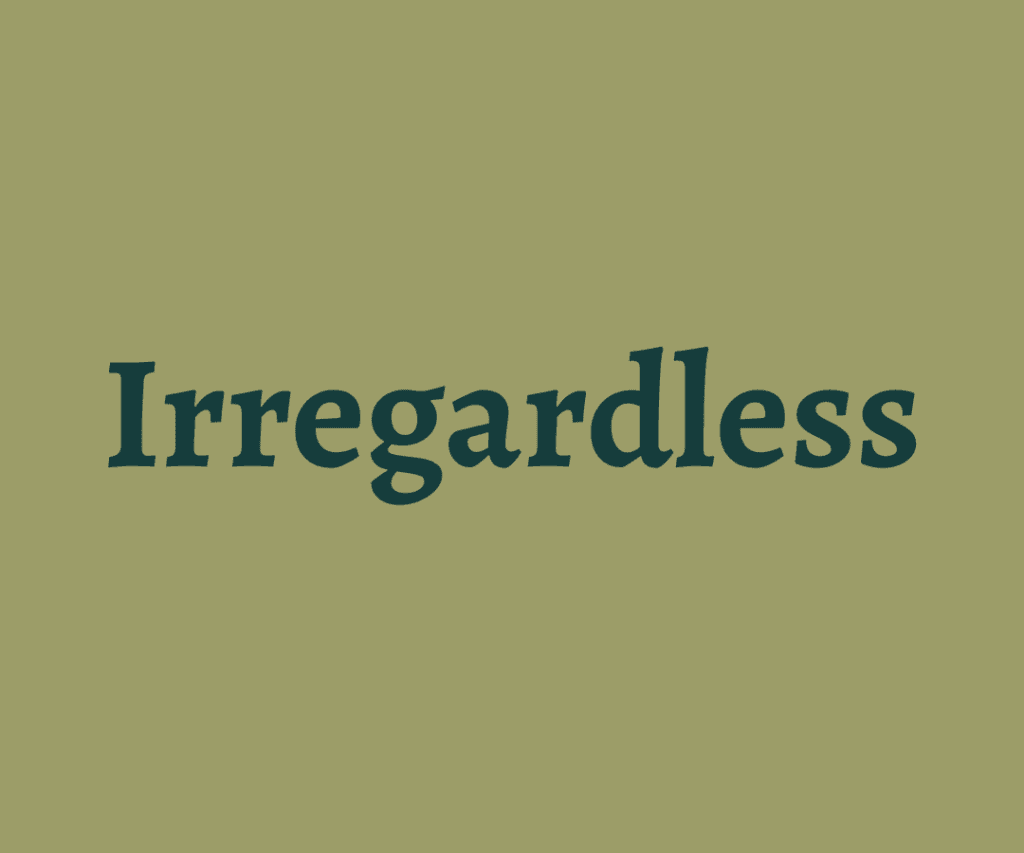Have you ever used a word, thinking it meant one thing, only to find out it means the opposite? You’re not alone! The English language is filled with words that sound like they mean one thing but mean something quite different. These words often lead to confusion—and they’re everywhere in everyday speech! This post will explore some of the most commonly misunderstood words and clarify their true meanings. Whether you’re a language enthusiast or just looking to avoid a few common mistakes, this list will help you communicate more clearly and confidently. Let’s dive in!
1. Outlaw

People think it means: Someone who has broken the law.
But it really means: A person excluded from protection of the law.
Historically, Robin Hood isn’t called an outlaw simply for stealing from the wealthy; he’s considered one because he’s been stripped of all legal rights. This means that anyone, including you, me, or even the Sheriff of Nottingham, could legally harm Robin in public without facing any consequences—he is completely outside the bounds of the law. As unfortunate as it may sound, spending time with in-laws might actually be the safer option!
2. Factoid

People think it means: A fun, trivial fact.
But it really means: A fun, FALSE fact.
First used by Norman Mailer in 1973 to refer to “facts” made up by gossip reporters, this term has taken on a whole new life over the years. To understand its true meaning, consider the suffix “-oid.” Just as a humanoid resembles a human (without actually being one) and a planetoid resembles a planet (but isn’t one), a factoid is a piece of information that only resembles a fact—but isn’t actually true. If you’re sharing a real tidbit, “fun fact” might be the better term.
3. Scan

People think it means: To skim.
But it really means: To thoroughly examine something point by point.
Originating from a 14th-century term meaning “counting off metric feet” in poetry, scan originally meant to examine something closely. However, by the 1920s, its meaning had shifted to imply a more cursory glance (factory robots may be to blame for this change!).
4. Nonplussed

People think it means: Undisturbed.
But it really means: Utterly baffled.
This word has been a source of confusion for generations, as many mistakenly think it means “unfazed” when it actually means “bewildered” or “confused.” Its origin is the Latin phrase non plus, meaning “no more,” as in, “I am at a point where I can say, think, or do nothing further. I am nonplussed.”
5. Enervated

People think it means: Energized.
But it really means: Weakened.
The term nerve initially referred to ligaments and tendons, but by the 1600s, it evolved to signify strength and energy (which is why we say things like “You’ve got a lot of nerve!” or “If only I had the noive!”). Conversely, the word enervate originally meant to sever the nerves or tendons but later came to signify reducing vitality or strength. Today, it is understood to mean “to weaken.”
6. Inflammable

People think it mean: Not flammable.
But it really means: Totally super flammable.
The issue with this word lies in the prefix in-, which can have two entirely different meanings. Sometimes it denotes “not” (as in incapable or inarticulate), while other times it implies “in” or “into” (as seen in incarcerate or income). In the case of inflammable—which existed long before flammable entered the lexicon—the prefix takes on the “into” meaning, indicating that something can easily catch fire. This creates a potentially hazardous misunderstanding, which is why this term is often illustrated with a striking image of a large, frightening fire.
7. Irregardless

People think it means: Regardless.
But it really means: With regard, or nothing at all.
Perhaps one of the most contentious words, alongside “irony” and “selfie,” irregardless has been commonly used for nearly a century, yet it continues to face disdain from grammar purists. Why is that? The prefix ir- means “not,” while the suffix -less signifies “without,” making the term literally translate to “not without regard”—essentially meaning “with regard.” Since this contradicts its intended meaning, language purists advocate for its removal from our vocabulary, while many English speakers persist in using it, irregardless of the backlash.






